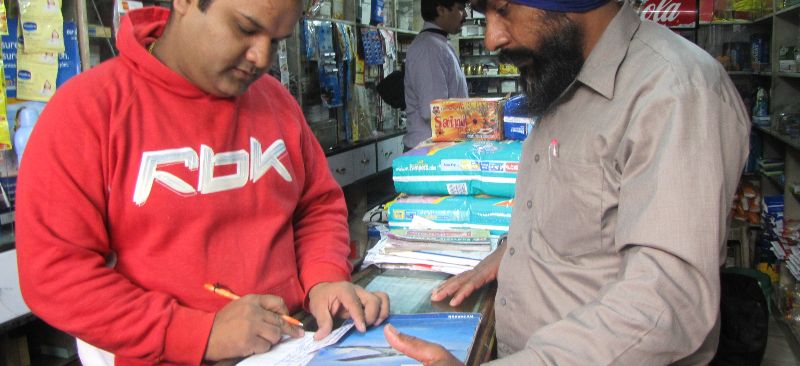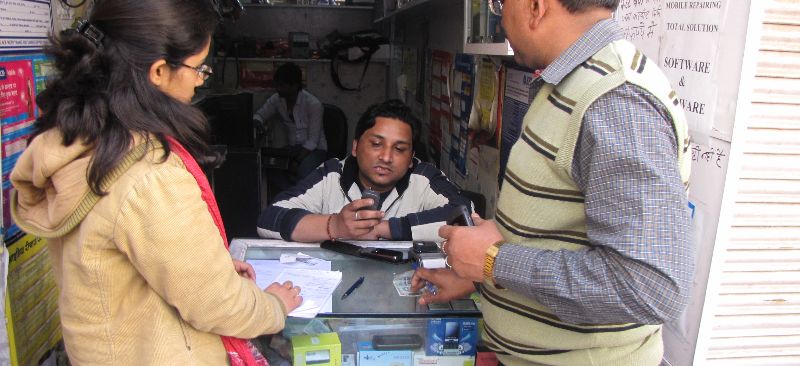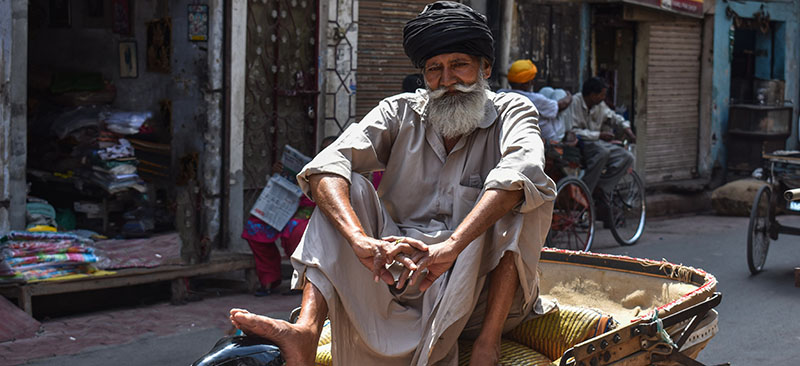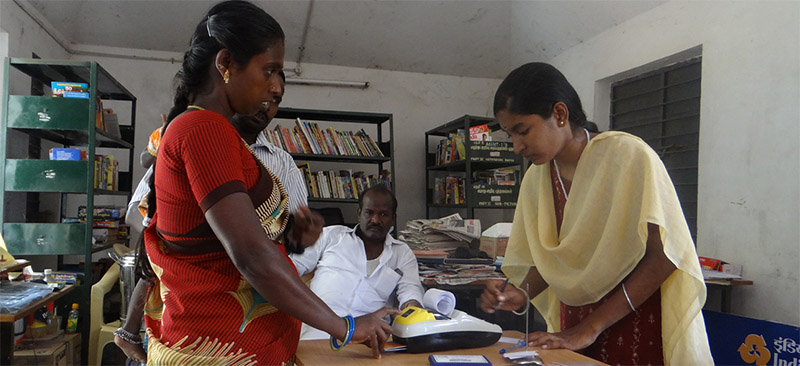“The previous Focus Note 99 “”Can MNOs Lead the Way for Banking the Excluded? (1 of 2)”” discussed the differentiating capabilities of MNOs that could help them attain leadership in electronic or mobile-banking (e/m-banking). There are, however, several challenges and barriers that Indian MNOs would need to surmount. These challenges are discussed in detail and include: India’s large and fragmented market; the nature of customer relationships and channel readiness; the hurdles to achieving a compelling proposition for the agent network as a channel; and the emerging digital alternatives to mobile money in India.
The next few years are likely to witness consolidation in the financial inclusion space, with exit or acquisition of smaller entities, as MNOs and other large corporates expand their presence and scale. One can also expect greater convergence of the mobile and banking sectors, and enhanced collaboration. It is too early to assess who will eventually emerge as the winner!”
Blog
Can MNOs Lead the Way for Banking the Excluded? (1 of 2)
There has been much debate over the limited success of the business correspondence (BC) model in providing meaningful access to financial services to the poor in India. One common argument is that mobile network operator (MNO)-led mobile-money models have been more successful than bank-led models in several parts of the world. Could MNOs emerge winners in India too? This Note, and the next in the series, examine how well MNOs are positioned to provide banking services, and what challenges and barriers they would face in the battle to emerge victorious.
Agent and Customer Service – A key to M-Banking distribution network
The m-banking agent or customer service point plays a pivotal role in the success of any m-banking distribution network. From the ANM’s perspective, the channel is the first customer and has to be convinced about the proposition so that it can support customer acquisition. According to Jaspreet Singh, Senior Analyst at MicroSave, the three key requirements to build a strong channel are transparency, timeliness and trust. In addition to this, it is important to ensure that the agents receive the required support, training and prompt service.
Securing the silent: Microinsurance in India-The story so far
Being a sub-segment of the conventional insurance industry, microinsurance has imbibed both the positives and negatives characteristics of the larger industry, specifically in the life insurance segment.
Agriculture value chain financing – Regulations
The paper is focused on the institutional framework governing agricultural finance and various instruments available for financing agricultural development at several stages along a specific value chain. Various enabling policy and regulatory aspects that have evolved over the past decade are then discussed.
Structuring and Managing Agent Network – II
The Briefing Note # 136, “Structuring and Managing Agent Networks – I”, reviewed agent networks managed by MNOs; and contrasted and critiqued the different strategies followed and its impact. This Note focuses on bank managed agent networks – either directly or by outsourcing to third parties. It is quite evident that there is no ‘one size fits all’ in agency networks. The strategy and approach of the same institution might be a roaring success in one environment but a complete disaster in another. Given that a poorly functioning agent network can completely mar the business model, it is inevitable for institutions to have a laser sharp focus on; and to constantly review, re-invigorate and re-invent the agency channel.




